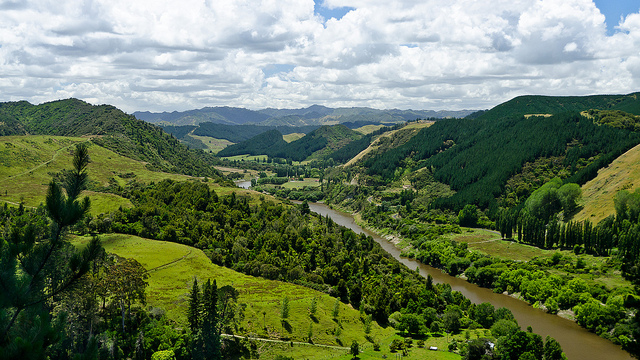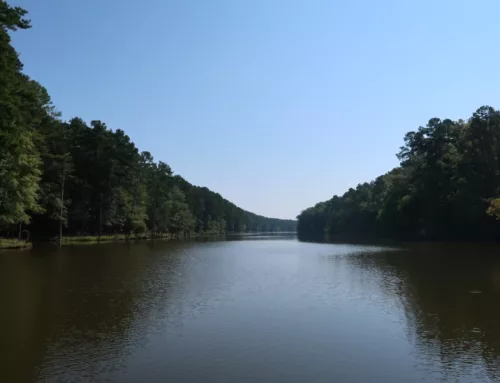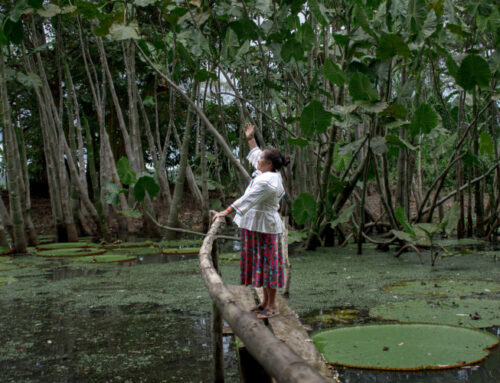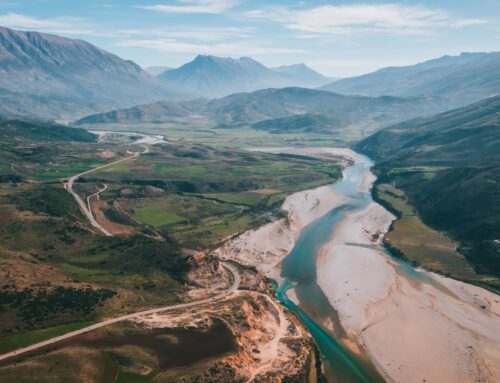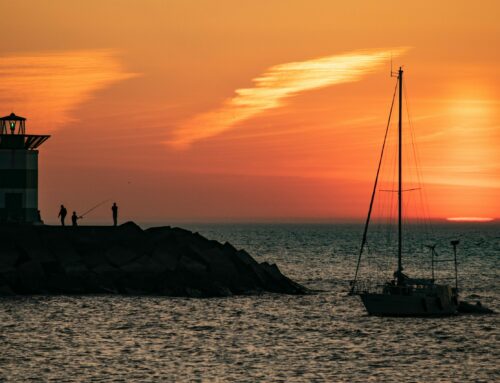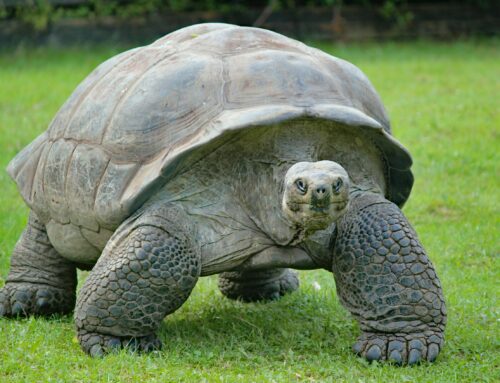Last March, New Zealand passed the Te Awa Tupua (Whanganui River Claims Settlement) Bill, and the river became the first water system in the world to hold legal “personhood” status. Then, five days later, the High Court of Uttarakhand at Naintal, in northern India, issued a ruling declaring that both the Ganga and Yumana rivers are also “legal persons/living persons.” In this article, Shannon Biggs, Executive Director of Movement Rights and cofounder of the Global Alliance for the Rights of Nature, explains the high significance of these laws which challenge the status of Nature as property and provide a legal framework for a true relationship to Mother Earth. She argues that recognizing the rights of the Whanganui River means that no matter who the actor, the law treats a harm to the river the same way as it would a harm to the tribe or a person. On the other hand, in India, it’s not yet that clear what legal personhood means for the Ganges and Yumana rivers. Lastly, Shannon explains that the Rights of Nature movement can shift the paradigm that modern Earth is available for human use and moves toward the understanding that the Earth is a living entity and should therefore be protected. Photo credit: Kathrin & Stefan Marks


